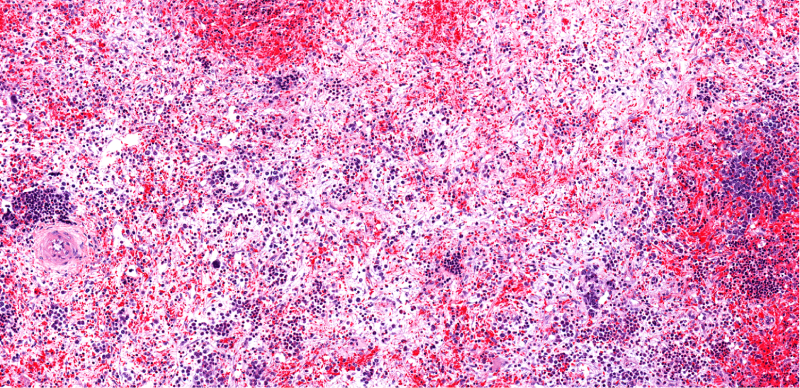
In addition to its activity against anemia, symptoms, and splenomegaly related to myelofibrosis, the JAK1/JAK2/activin A receptor type 1 inhibitor momelotinib provided certain additional anemia benefits that led to improved “quality of survival,” according to a pooled analysis of data from the SIMPLIFY-1 and SIMPLIFY-2 trials.
At the 65th ASH Annual Meeting and Exposition, Ruben Mesa, MD, of Atrium Health Wake Forest Baptist Comprehensive Cancer Center in Winston-Salem, North Carolina, discussed the results of the study, which showed that treatment with momelotinib resulted in less time reliant on red blood cell transfusion and more time free from transfusions and anemia events.
Dr. Mesa and colleagues examined these outcomes in patients from the safety populations of SIMPLIFY-1 (JAK inhibitor naïve) and SIMPLIFY-2 (JAK inhibitor exposed) trials.
In SIMPLIFY-1, patients treated with momelotinib spent less time in a transfusion-dependent (TD) state compared with patients assigned to ruxolitinib (mean duration of transfusion dependence 28.3 days vs 62.7 days). Additionally, patients treated with momelotinib had more time without transfusion reliance (TWiTR) compared with those on ruxolitinib (163.4 vs 131.1 days).
This decrease in transfusion dependence and increase in time free from transfusions came without an increase in anemia adverse events, according to the researchers. Overall, there were fewer treatment-emergent anemia adverse events among patients receiving momelotinib. When anemia events were incorporated into the analysis, the mean time spent in the TD-anemia state—having any-grade anemia event in the TD state—was increased among all patients, but the increase was smaller in the momelotinib arm.
The mean duration of TWiTR or anemia worsening (TWiTR-An) was 159.7 days with momelotinib compared with 119.0 days with ruxolitinib.
In SIMPLIFY-2, incorporation of anemia adverse events had less of an effect than in SIMPLIFY-1, according to the researchers. The mean duration of transfusion dependence was 69.4 days with momelotinib compared with 89.9 days with ruxolitinib. Mean duration of the TD-anemia state was 69.6 days for momelotinib compared with 89.9 days for ruxolitinib.
Again, the mean duration of TWiTR-An was slightly longer with momelotinib at 118.3 days compared with 95.9 days with ruxolitinib.
According to the researchers, “these analyses suggest that the anemia benefits of momelotinib lead to improved quality of survival for patients with myelofibrosis.”
Reference
Mesa RA, Talpaz M, Mazerolle F, et al. Time without transfusion reliance or anemia worsening: a novel method for integrating transfusion dependence, anemia, and survival with myelofibrosis therapies based on the phase 3 Simplify-1 and Simplify-2 trials. Abstract #1826. Presented at the 65th ASH Annual Meeting and Exposition; December 9-12, 2023; San Diego, California.

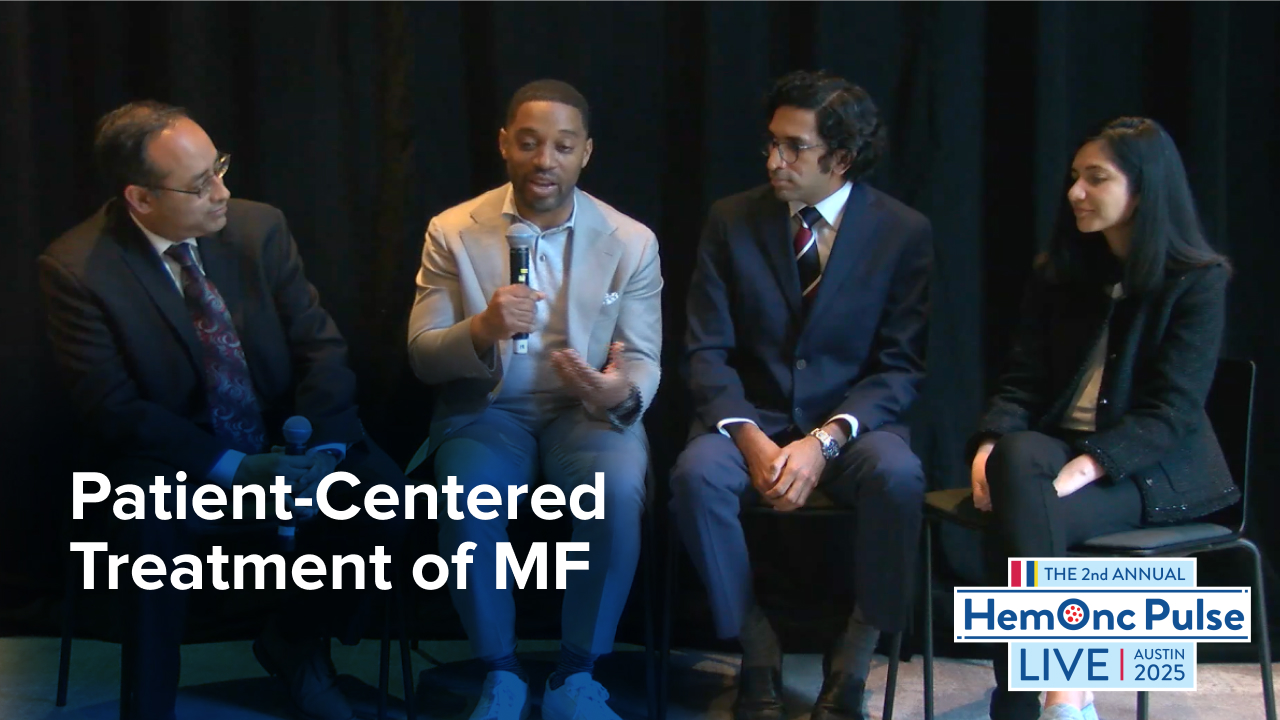
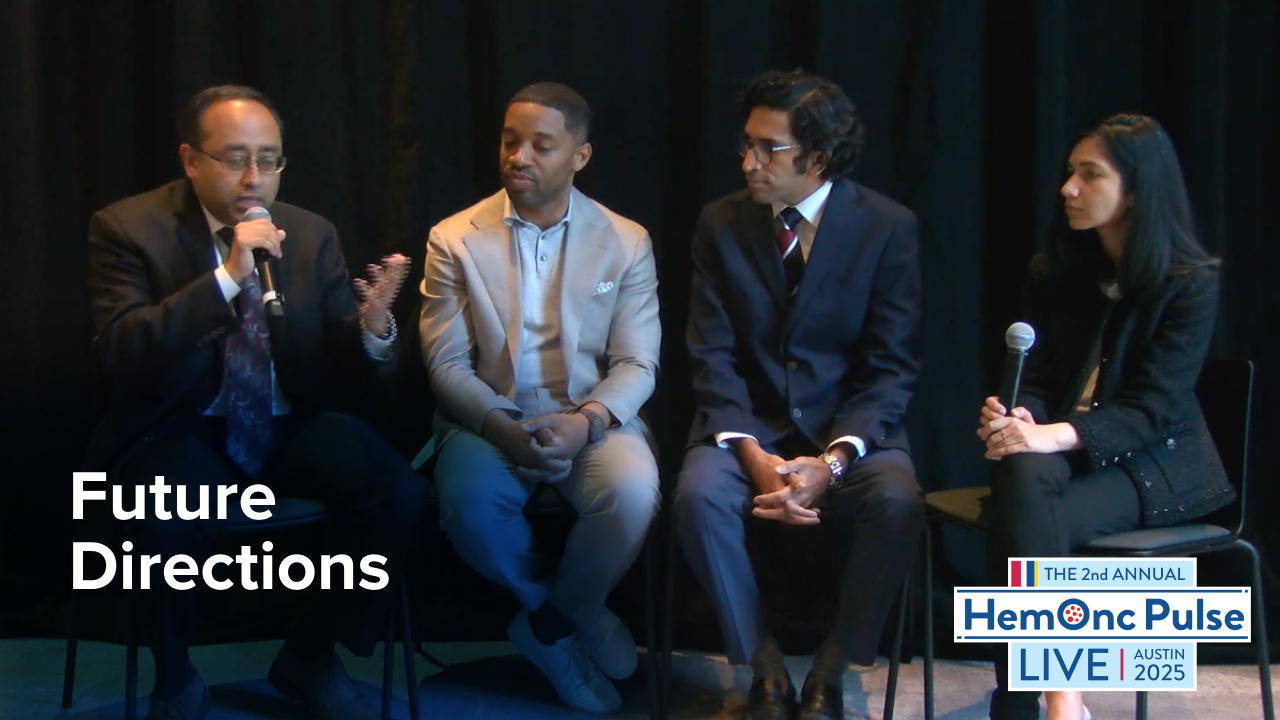
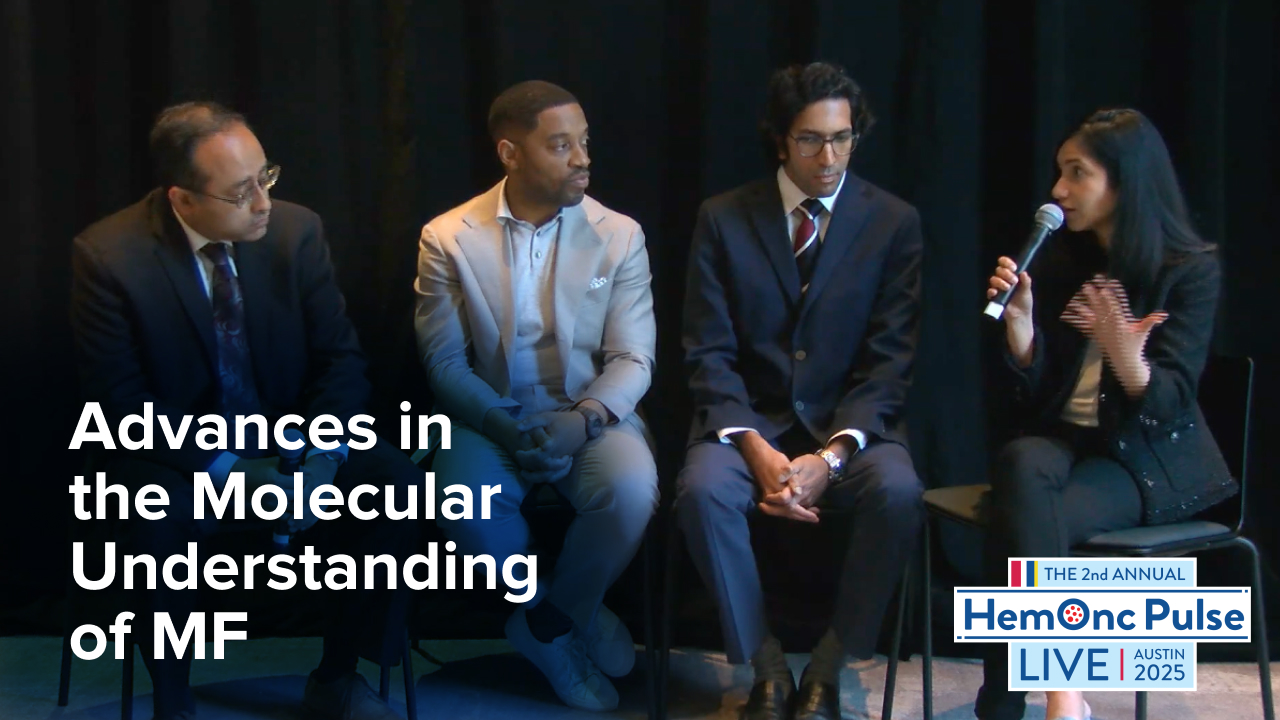
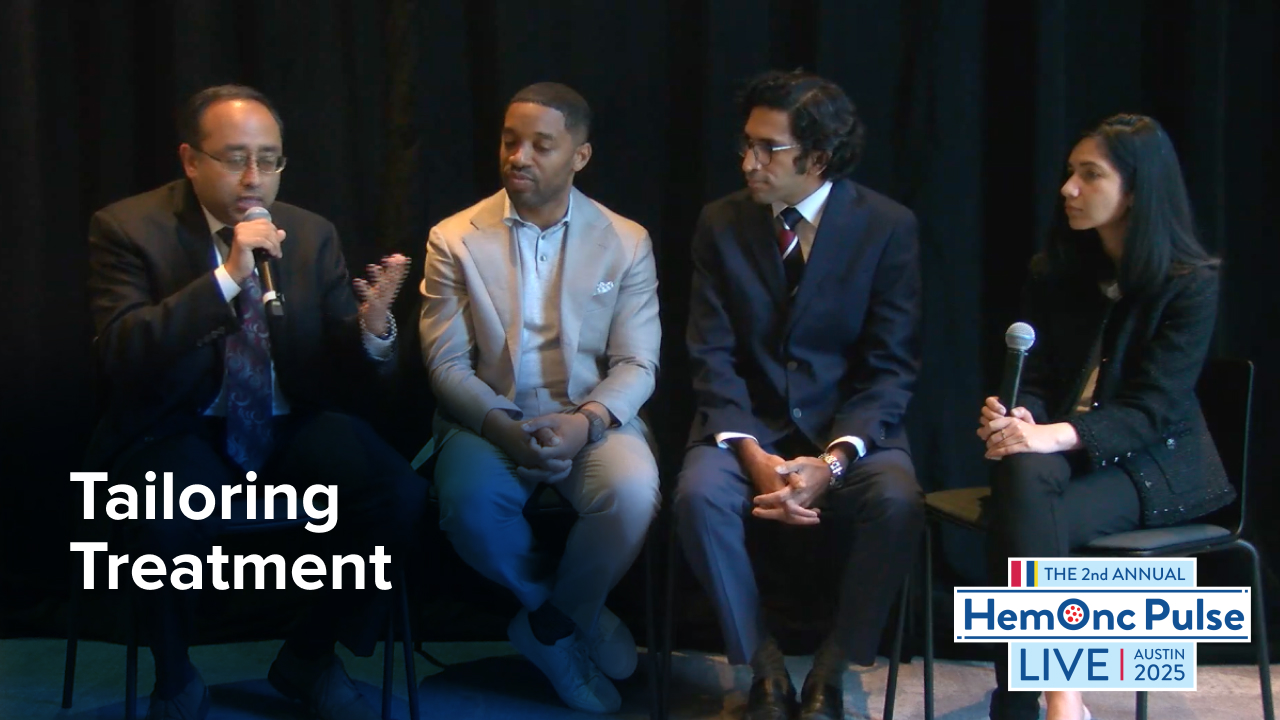

 © 2025 Mashup Media, LLC, a Formedics Property. All Rights Reserved.
© 2025 Mashup Media, LLC, a Formedics Property. All Rights Reserved.